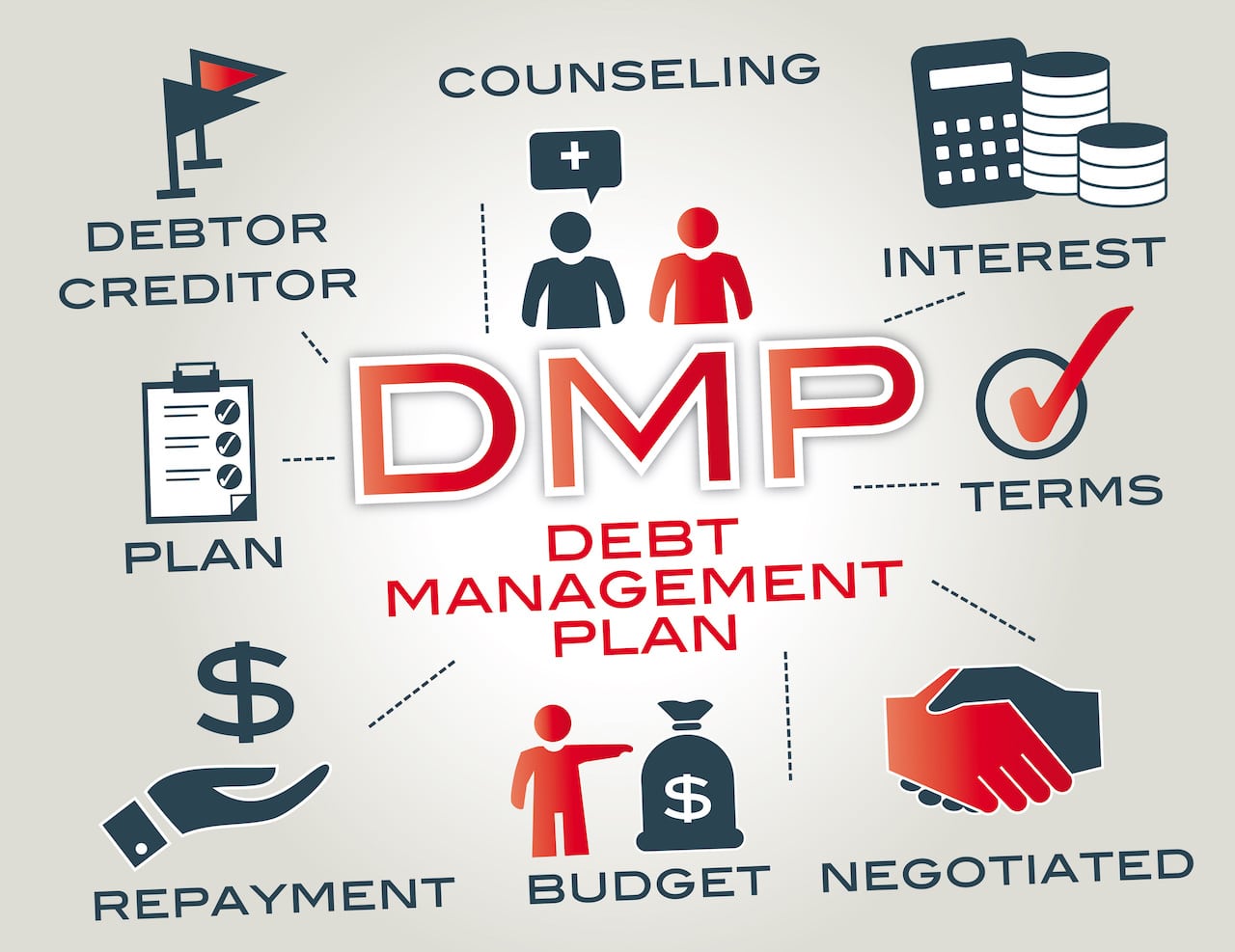Expert Tips and Techniques for Applying an Effective Financial Obligation Monitoring Strategy
When it pertains to navigating the complexities of debt management, having a well-balanced plan is vital for attaining financial stability. Applying expert ideas and techniques can make a considerable difference in your trip towards financial obligation relief. From assessing your existing monetary standing to working out with lenders, each step plays a critical role in forming a successful debt monitoring strategy. By understanding the intricacies of financial obligation administration and taking on tested techniques, people can pave the method for a much more safe monetary future.
Examining Your Current Financial Circumstance
Prior to getting started on a debt management plan, it is crucial to completely assess your existing monetary standing. Comprehending your economic circumstance is the fundamental action towards successfully handling and minimizing your financial obligation. Begin by assembling a breakdown of all your financial debts, including exceptional equilibriums, rate of interest, and minimal monthly settlements. This will certainly give a clear overview of the degree of your monetary commitments. Furthermore, evaluate your income resources and monthly expenditures to determine your disposable earnings available for financial obligation repayment.

Developing a Realistic Spending Plan
Recognizing your existing monetary situation lays the groundwork for establishing a sensible budget plan that aligns with your financial obligation monitoring objectives and monetary abilities. When producing a budget plan, it's critical to accurately track your revenue, costs, and financial debt commitments. Beginning by noting all income sources, including earnings, incentives, and any added earnings. Next off, describe your repaired expenses such as rent or mortgage repayments, utilities, insurance, and funding settlements. Variable costs like groceries, home entertainment, and transportation must also be made up. By classifying your expenditures, you can determine locations where you may require to cut down to maximize funds for financial debt payment.

Focusing On and Tackling Financial Debts
To efficiently gain back control of your finances and work towards monetary security, prioritizing and tackling your debts is an essential step in your debt management strategy. Recognize high-interest financial obligations that are costing you the most money and focus on paying them off.
After determining your high-interest financial debts, consider utilizing approaches like the financial debt snowball or debt avalanche method to pay them off systematically. The financial debt snowball technique includes repaying the tiniest financial obligations initially, while the debt avalanche approach prioritizes financial obligations with the greatest rates of interest. Choose the technique that lines up best with your monetary objectives and inspires you to maintain making progression.
Additionally, think about negotiating with financial institutions for reduced passion rates or setting up a layaway plan if you're battling to meet your current commitments. Looking for help from a credit score counselor or financial expert can additionally offer beneficial insights and support on exactly how to properly tackle your financial obligations - debt management plan services. By focusing on and resolving your financial debts strategically, you can lead the way towards a debt-free future and improved monetary health
Bargaining With Lenders
When engaging in financial debt monitoring, discussing with creditors is a critical step towards finding equally useful solutions for financial obligation payment. Prior to initiating arrangements, it is vital to have a clear understanding of your economic circumstance, home including your income, costs, and the complete amount of financial obligation owed.

Building Healthy Financial Habits
Including consistent budgeting techniques is essential for growing healthy and balanced financial behaviors. Budgeting allows people to track their income and costs, allowing them to make informed choices concerning their monetary priorities. Establishing particular economic goals, such as conserving for emergencies or retired life, can supply a clear roadmap for handling money efficiently.
Another secret element of structure healthy and balanced financial practices is living within one's methods. This entails investing much less than what is earned and avoiding unnecessary financial debt. Taking on a frugal mindset and differentiating in between wants and needs can aid individuals make more prudent investing options.
Consistently evaluating economic declarations and keeping track of credit score reports are critical habits that advertise monetary recognition and duty. By staying educated about their financial standing, individuals can determine potential problems early on and take positive actions to address them.
Additionally, establishing a cost savings behavior, despite having small amounts, can add substantially to lasting monetary protection. Saving on a regular basis not only builds an economic padding for unforeseen expenses but additionally cultivates a feeling of discipline and responsibility towards money administration. By continually exercising these behaviors, people can lay a solid structure for a steady monetary future.
Verdict
Finally, executing a successful financial obligation monitoring strategy calls for an extensive evaluation of one's economic situation, the development of a sensible budget plan, prioritizing and dealing with financial debts, negotiating with creditors, and building healthy and balanced economic behaviors (debt management plan services). By adhering to these specialist ideas and methods, individuals can take control of their finances and job towards achieving financial stability and liberty from financial obligation
Understanding see post your current financial scenario lays the groundwork for creating a practical budget plan that lines discover this up with your financial obligation administration objectives and economic capabilities.To efficiently gain back control of your funds and work in the direction of monetary security, focusing on and tackling your financial debts is an essential action in your debt management strategy.After recognizing your high-interest financial obligations, think about using strategies like the debt snowball or financial debt avalanche method to pay them off methodically. The financial debt snowball method includes paying off the tiniest financial obligations first, while the debt avalanche method prioritizes debts with the highest passion prices.When involving in financial debt monitoring, bargaining with lenders is a vital action towards discovering mutually helpful solutions for financial debt settlement.